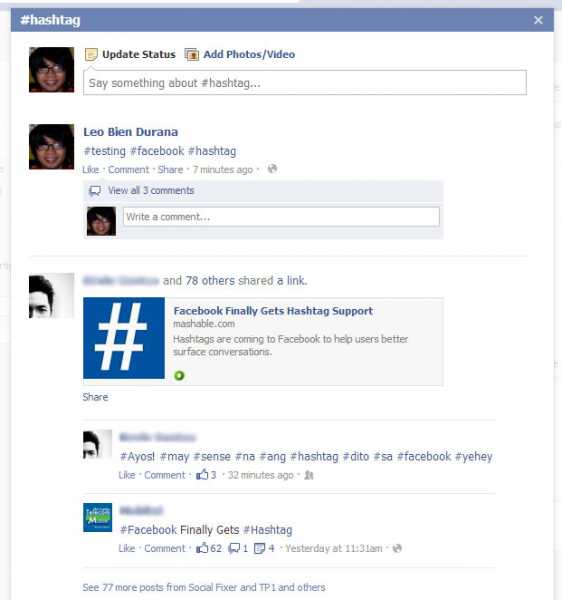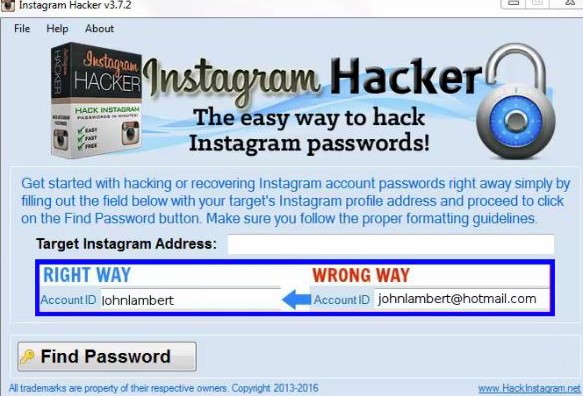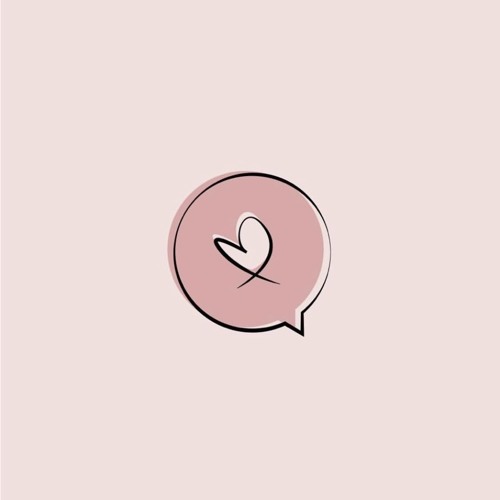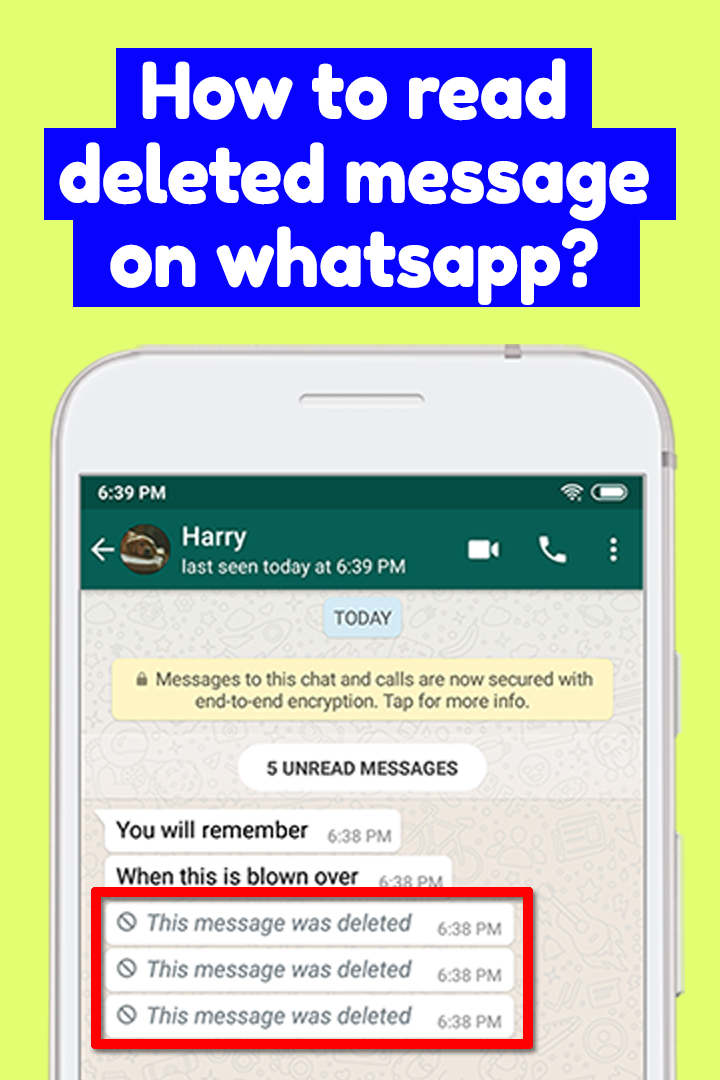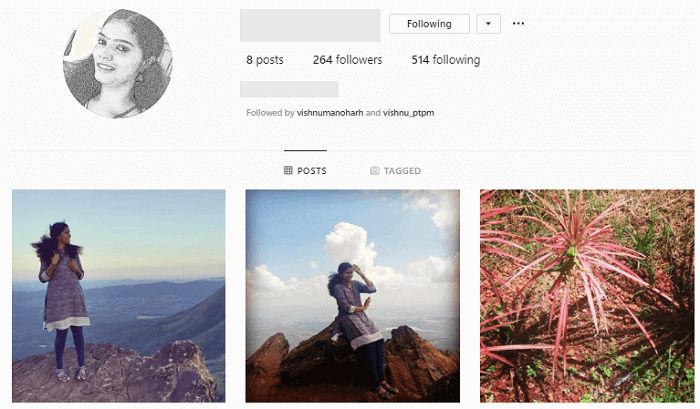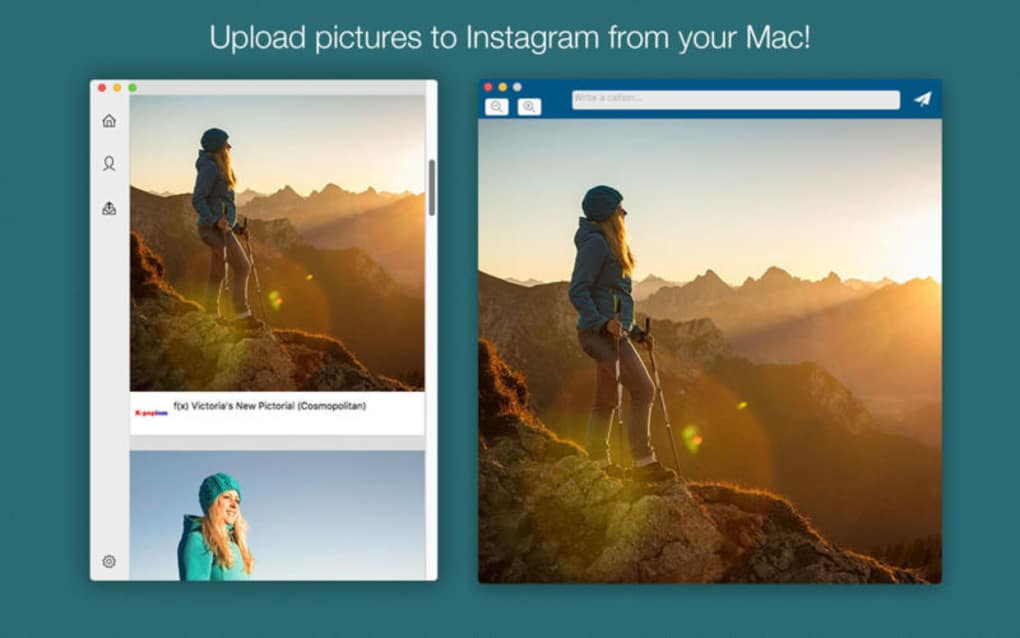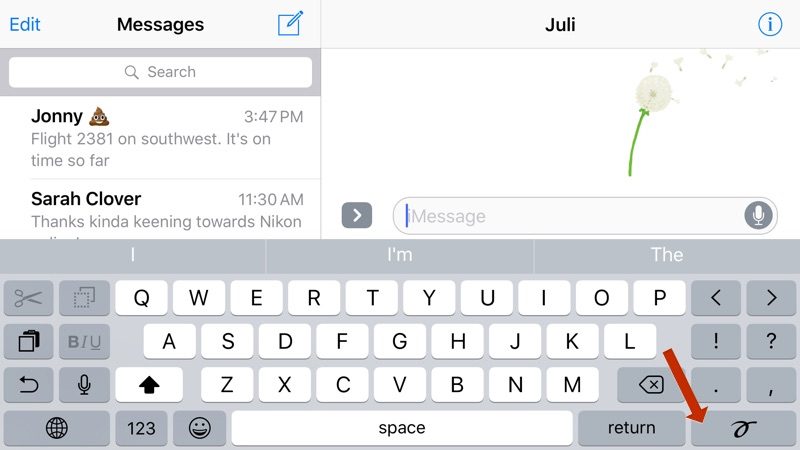How to apply hashtags on facebook
How to Use Hashtags on Facebook: 7 Tips from Experts
Should I use hashtags on Facebook?
Do hashtags work on Facebook?
How many hashtags should I use on Facebook?
Great questions. I hope this post will help answer them!
We all know Facebook has hashtags -- but should they be part of your Facebook marketing strategy?
I asked 13 experts for their opinions on how to use hashtags on Facebook.
Before you read their replies, let's look at results from a study by Social Bakers, which examined how Facebook engagement correlates hashtag use.
- Posts with 1 or 2 hashtags averaged 593 interactions
- Posts with 3 to 5 hashtags averaged 416 interactions
- Posts with 6 to 10 hashtags averaged 307 interactions
- Posts with more than 10 hashtags averaged 188 interactions
So going from 2 to 3 hashtags on FB posts caused a significant drop in engagement! Does this mean too many hashtags are bad for business? If so, what's the best ways to use hashtags in your Facebook marketing strategy and still see great results?
Let's see what some experts had to say.
If you want to go straight to the Facebook hashtag tips, click here:
1. Use hashtags to help people find your posts
2. Use industry specific hashtags
3. Use the same hashtags you're using on Twitter and Instagram
4. Use hashtags you find with trending hashtag tools
5. Use Facebook hashtags for cross-platform branding
6. Use hashtags on Facebook when re-sharing OPC (other people's content)
7. Use FB Graph Search to find good Facebook hashtags
How to Use Hashtags on Facebook: 7 Tips from Experts
I posed this question to each influencer:
Should businesses use hashtags on Facebook?
And here are their answers:
Ian Cleary of Razor Social
A business should use hashtags if they are used correctly. It's completely pointless adding loads of hashtags for the sake of it or adding hashtags that no one is going to monitor or care about.
Use hashtags (1 or 2 only) when they make sense and when you use something relevant that people can filter on to find more relevant conversation. If I wanted to create conversation around social media tools I would start including a hashtag #socialmediatools and then I'd encourage conversation around this.
If I wanted to create conversation around social media tools I would start including a hashtag #socialmediatools and then I'd encourage conversation around this.
Facebook creates a unique URL for the hashtags used so I can point people to the conversation to encourage more people to use the hashtag and create more relevant conversation. So please don't hashtag #everything (example of a pointless hashtag).
Use them wisely in the way they were designed i.e. to help create and continue and conversation around relevant topics.
Peg Fitzpatrick of Canva
Embrace hashtags but don’t go crazy with them.
Hashtags connect your content with other people talking about the same thing or looking for information about something. So, if you write an article about using Facebook for Business and use the #FacebookTips hashtag, more people will find your content.
This can extend your Facebook content past your own audience. That is one of the only ways to do this on Facebook without paid media.
I recommend industry specific hashtags and creating your own if they will be relevant to your audience. Three or four relevant hashtags could make all the difference in busting through Facebook’s EdgeRank and finding your ideal audience.
When sharing content on Facebook, use industry specific hashtags or create your own relevant ones.
Mike Gingerich of TabSite
It's an ongoing question...."Do hashtags matter on Facebook?" I've got 6 people who say it matters and a half dozen that say they don't! It's a toss-up at this time really for immediate impact for sure.
If your audience is socially savvy, then hashtags can come into play and be of value. If your audience is not steeped in the depths of social media use, then a hashtag can be a foreign symbol to them that makes no difference whatsoever.
One key, though, is that you can't really go wrong by using them. If your audience isn't socially savvy they just skip over them (unless you use too many), but by using them, someone who is deep into social may find your post as they search and scroll through hashtags.
Do I use them on Facebook? Sometimes. I likely should more often but in the speed to post I overlook them at times. I don't overlook them on Twitter or Google+ as they are more central to those networks. Bottom line: if used appropriately it should only help.
John Haydon of JohnHaydon.com
If you are currently using hashtags in a campaign on Twitter or Instagram, start including those hashtags in your Facebook content.
This makes it easier to integrate all your social channels as one.
Francisco Rosales of Wpcafeina.com
The hashtag is supposed to be a win-win-win situation, marketers have the opportunity to expand their reach to an interested prospect, users can discover content, products, offers, and the platform generates more advertising opportunities.
Hashtags let marketers expand their reach and help users discover content, products, and offers.
Should businesses use hashtags? I think they can be useful in very specific cases like an event or a promotion, with the proper support of other media, but I’m not sure it’s moving the needle when it comes to regular content.
Zsuzsa Kecsmar of Antavo
Hashtags can help your posts be more searchable on Facebook. I always like how Kim Garst uses hashtags in her posts.
She uses the hashtag #BizTips for her short business tips, but she also participates in Internet traditions like “Throwback Thursday” or “Fanpage Friday”.
So on Fridays she encourages other page owners to promote their own page by posting it to the comments. These posts are popular, as you can see from the numbers.
Kim uses multiple hashtags for Facebook Friday, so she must expect lots of traffic after searches.
What cause is relevant to your audience? You might want to use it in your posts as a hashtag!
Janet Johnson of JanetJohnson.com
I don’t believe the general public has grasped the use of #hashtags on Facebook in the same way they have on Instagram, Twitter and other platforms. But with the integration of Instagram, hashtags are brought over to Facebook much more than before and I believe their use is growing.
Should businesses be using hashtags on Facebook? Why not? What if you had one person specifically searching for what your business offers and you gained an extra fan, lead or sale from that? It would be worth that extra step, wouldn’t it?
A few quick tips for using #hashtags on Facebook:
1. Use relevant keywords to your business and the audience you are trying to target. (If you are a local business, use the name of your city too).
2. Use tools like Hashtagify.me to find other trending hashtags related to your specific tag.
3. Don’t put your #hashtag in the middle of the #sentence. That makes #reading the sentence #annoying. See? Instead, write out your whole post. At the bottom of the post, add the hashtags. Sample below:
Don’t put your #hashtag in the middle of the #sentence. That makes #reading the sentence #annoying. See?
(This example is from Mari Smith)
Check your insights, folks. Do you think link clicks help your reach, too? #FacebookTips #FacebookMarketing
Collin Cottrell of C3Media
I think you SHOULD use hashtags on your business Facebook page, but let me explain why and how.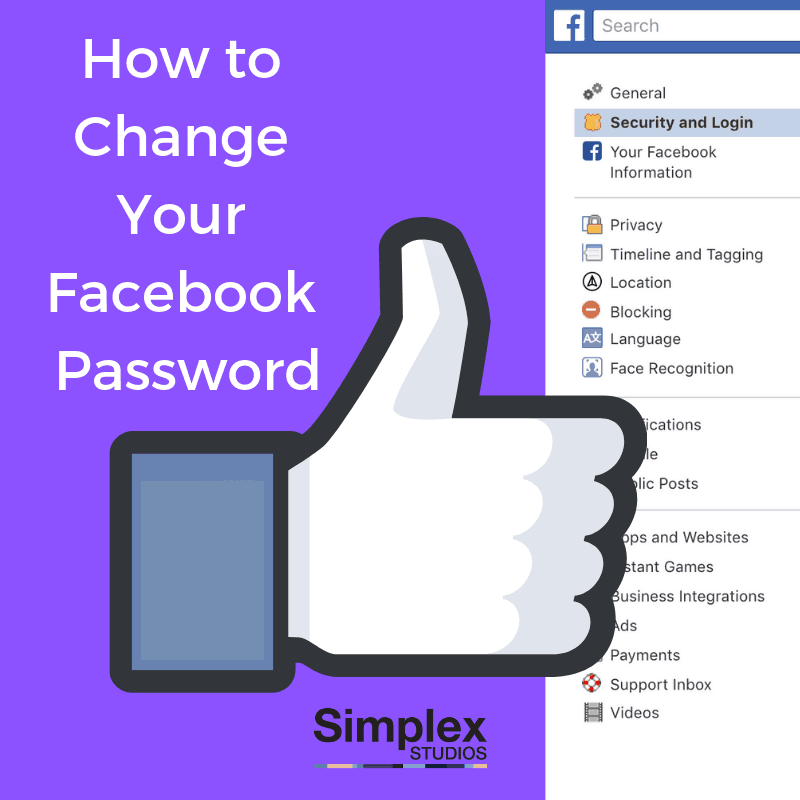
As it mentions on the "How do I use hashtags?" help page on Facebook, the hashtag feature isn't fully available to everyone right now. I believe this is going to change and that the hashtag system will be as powerful as Twitter or Instagram's when it is fully ready and available.
But, even though hashtags are not the same on Facebook right now, I do think there is still a good way to use them. As a business, cross social platform branding is important. Since users might follow your brand on several social networks, I think it's good to use your "branding style hashtags" on each to keep them familiar.
Cross social platform branding is important. So, use "branding style hashtags" on each of your platforms.
Here's an example: if you're doing a promotion that uses a hashtag on Twitter and Instagram, you will "brand" that hashtag to the users better if they see it being used on Facebook as well. This will encourage them to use it no matter what social network they are engaging on and will convert to more success on Twitter and Instagram.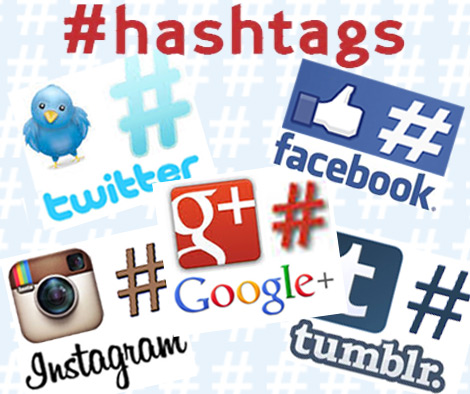
You don't want to go overboard using hashtags on Facebook, like you see on Twitter and Instagram. But, it doesn't hurt to be prepared for the day Facebook does make their feature more similar to Twitter and Instagram.
Jenny Brennan of AgoraPulse
The biggest thing I LOVE about hashtags is the curation side, which I think many people miss. If you really want to make an impact with your social media marketing, sharing other people's great content is the way to do it.
If you want to make an impact on social media, sharing other people's great content is the way to do it.
By using the # you can identify what people are sharing, what they are saying about the subject and even make new connections that you might not have made before!
Ravi Shukle of AgoraPulse
I feel page owners should still use hashtags in their posts.
Although we associate hashtags primarily with Twitter and even Instagram, they can still be used on Facebook to help increase visibility of your posts.
I would avoid linking the same posts for both Twitter and Facebook as the language being used on both will be very different and would not have the same effect or results.
If you are thinking about using hashtags for your content, one of the best ways to find out if the hashtag has any traction is to simply do a hashtag search using Facebook graph search. Type the desired hashtag into your Facebook search bar to reveal all the posts associated with the word.
Along with using hashtags with your content, it can also be a great way to cross promote webinars or live events across your other social networks. This makes it easier for page admins to monitor the conversations on Facebook as well as other social channels under one key term.
Besides using hashtags with your content, use them to cross-promote webinars or live events across other social networks
If you haven’t used hashtags before as part of your content marketing or even promotional strategy, they're definitely worth testing out.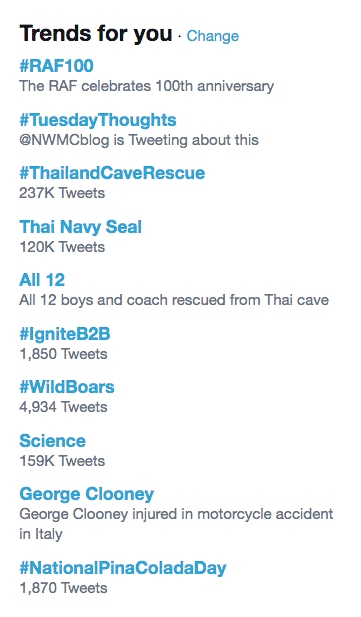 #FacebookTips
#FacebookTips
Rosh Khan of Social Rank
YES... and NO. If you're not going to use them correctly, then please stay away! But if you are, well... bring 'em on!
Here's why:
1. Hashtags have seeped into the way we communicate. It's a fun way to communicate without writing complete sentences!
2. If your brand piggybacks on popular hashtags, you could increase your visibility and reach.
3. Hashtags are GREAT for social monitoring. If you have a hashtag specific to your brand or event, you can quickly check what others are saying when they use the hashtag. This could help you measure positive, neutral, and/or negative sentiment.
Hashtags are GREAT for social monitoring. Use them to measure positive, neutral, and/or negative sentiment.
But of course, there is a WRONG way to use hashtags too and that would simply be... overuse! Like many other things, use hashtags in moderation. The last thing you want is for your brand to be perceived as a hashtag spammer.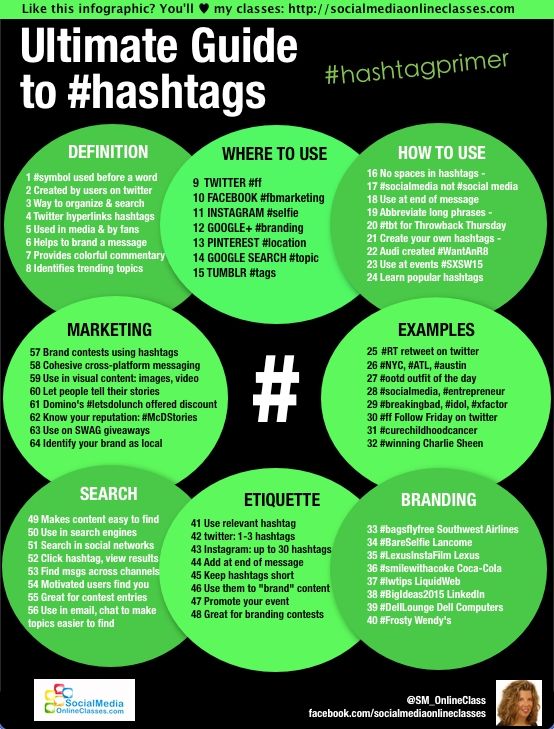
So what's the bottomline?
Use 'em strategically -- for fun communication, for increased reach, and for social monitoring
Andrea Vahl of AndreaVahl.com
Hashtags on Facebook have not caught on like they have on other social sites. A study from EdgeRankChecker even shows that there may be some decrease in reach when a page uses hashtags.
But with all studies and general recommendations, you should do your own testing. Try an experiment where you put one or two relevant hashtags into your posts during a week. Then have the same number and type of posts the next week and compare your reach and interaction.
Also, make sure you check the hashtags to see what the current conversation is around that hashtag on Facebook.
The bottom line is they aren't as effective on Facebook as other social sites, but you should test to see what results you get in your niche with your audience.
Jo Barnes of Online Marketing Addicts
I haven't fully tested the effectiveness of hashtags on Facebook yet, but I have witnessed posts that seem to be using them for the sake of using them. Every strategy you test and measure in your business needs to have a specific objective or you may find it backfires.
Every strategy you test and measure in your business needs to have a specific objective or you may find it backfires.
So as with anything, start with the end in mind. If you're going to use hashtags, answer this important question first: What's my objective?
Is it to make my brand more searchable? Is it to launch a product or service? Is it to monitor my brand presence? Is it to cross promote over other sites? Is it to get involved in or to incite conversation?
Knowing precisely what you want to achieve will help determine how you use hashtags, will ensure there is consistency in your brand message and won't confuse your audience. Whatever you do, don't just slap up a few hashtags that you think are keywords people might search for.
Knowing precisely what your objectives are will help determine how you use hashtags.
This could end up hurting your brand rather than helping it.
Key Takeaways and Tips
Great advice, everyone -- although some of you seem like you may be more confused than ever about how to use hashtags on Facebook. 😉
😉
As you decide whether Facebook hashtags are right for your business, here are some nuggets of wisdom from each of these pros -- stuff that really stuck out to me:
1. Use hashtags to help people find your posts
"Use hashtags (1 or 2 only) when they make sense and when you use something relevant that people can filter or to find more relevant conversation"
-- Ian Cleary
"Hashtags can help your posts be more searchable on Facebook."
-- Zsuzsa Kecsmar
2. Use industry specific hashtags
"I recommend industry specific hashtags and creating your own if they will be relevant to your audience"
-- Peg Fitzpatrick
3. Use the same hashtags you're using on Twitter and Instagram
"If you are currently using hashtags in a campaign on Twitter or Instagram, start including those hashtags in your Facebook content"
-- John Haydon
4. Use hashtags you find with trending hashtag tools
"Use tools like Hashtagify.me to find other trending hashtags related to your specific tag"
-- Janet Johnson
5.
 Use Facebook hashtags for cross-platform branding
Use Facebook hashtags for cross-platform branding"As a business, cross social platform branding is important"
-- Collin Cottrell
6. Use hashtags on Facebook when re-sharing OPC (other people's content)
"If you really want to make an impact with your social media marketing, sharing other people's great content is the way to do it"
-- Jenny Brennan
7. Use FB Graph Search to find good Facebook hashtags
"One of the best ways to find out if a hashtag has any traction is to simply do a hashtag search using Facebook graph search"
-- Ravi Shukle
There you go!
So what do you think? Do you use hashtags on your business page?
Everything You Need to Know About #Hashtags on Facebook
Facebook introduced hashtags nearly a decade ago, but are they still relevant today? Can you get more visibility or reach the right people using hashtags on Facebook?
Here’s everything you need to know.
Facebook #tags were all the craze on Facebook when introduced in 2013. Can you still recall posts that were followed by a long string of somewhat relevant hashtags that followed the message?
Can you still recall posts that were followed by a long string of somewhat relevant hashtags that followed the message?
Over time, Facebook hashtag usage dwindled and they went nearly out of use. Now, though, Facebook is reviving this useful tool.
In September 2020, Facebook started to recommend hashtags to add to your posts via a drop-down menu similar to how hashtag recommendations work on other channels. In parallel, the platform also began notifying users that using hashtags on Facebook can boost organic reach, and therefore improve Facebook SEO.
Facebook announced that it reemphasized hashtags as a way of bringing conversations about public events, people, and topics to the forefront. The world’s largest social network took into account the amount of buzz people tend to generate around popular television shows, sport games, and breaking events.
“During primetime television alone, there are between 88 and 100 million Americans engaged on Facebook – roughly a Super Bowl-sized audience every single night,” Greg Lindley stated, when announcing the new feature in the official blog post.
To date, there has not been a more convenient or organized way to monitor events or discussions on Facebook on a grand scale. But now, the roll out of hashtags should help people participate in public conversations they are interested in.
How do Facebook hashtags work?
The hashtags work on personal profile posts, fan page posts, group posts, event posts, and all comments.
On any Facebook post, you can click on the hashtag to get redirected to its feed. Note that every hashtag on Facebook has its own unique URL.
How to create a hashtag on Facebook
In order to create a hashtag on Facebook, simply start typing the first hashtag that’s relevant to your post. Facebook will recognize the hashtag and recommend related and trending Facebook hashtags to use. Add any of the relevant hashtags Facebook is recommending to the post.
How many hashtags to use on Facebook
Use roughly two to three hashtags on your Facebook post, but test it over time to see what works best for your specific page. Don’t overdo it – you don’t want your post to look like a wall of hashtags; you want to let your copy shine.
Don’t overdo it – you don’t want your post to look like a wall of hashtags; you want to let your copy shine.
How to search hashtags on Facebook
The simplest way is to search for a specific hashtag from your search bar, for example, #NBAFinals or you can type facebook.com/hashtag/example into your browser.
10 #hashtag tips to follow
Marketers are already using hashtags to reach the right audiences on Facebook. You can actually use the Facebook hashtag search itself to find some great tips and ideas under #hashtagtips including:
Try starting a hashtag challenge. This allows Facebook users to instantly create a post with the hashtag you’re using for the challenge, and can generate good engagement for your chosen hashtag.
Each hashtag on Facebook has its own unique URL with a status update box at the top. If you’re running a campaign with a specific hashtag, you can drive traffic to that URL from other sites to spark more conversation.
 Alternatively, you can use the URL to source user-generated content or even feed it to your website.
Alternatively, you can use the URL to source user-generated content or even feed it to your website.Use #hashtags to start a conversation with a group. Every word you make into a hashtag will be grouped into its own status update box!
Think about your industry and target market, and the types of hashtags you use on other social networks. Also, follow the most popular US Facebook pages to learn how they are using hashtags. This research could lead to valuable hashtags outside of just those that you already know or that Facebook suggests to you.
Create and save hashtag groups for future use. Cluster them by product, campaign, or topic so that you can quickly pull them up whenever needed.
Use tags in trending topics related to your industry. Be strategic about the hashtags you use.
Capitalize the #FirstLetterInEachWord of your hashtag to make it more readable and to avoid possible confusion.
Don't overdo your post with hashtags.
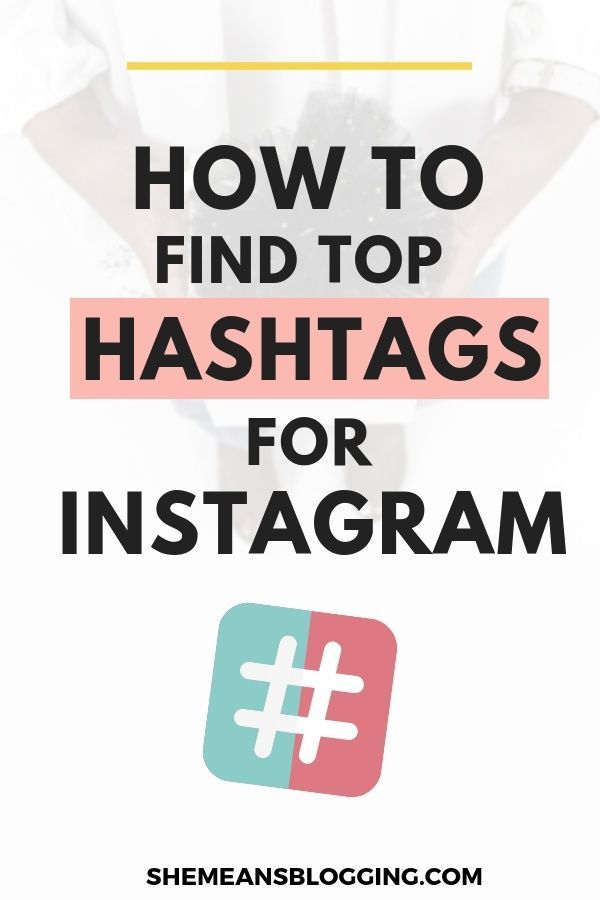 2-3 is plenty.
2-3 is plenty.Audit your best posts and add hashtags to them; this may give them additional visibility.
Search what hashtags influencers use and add them to your list. You can easily do this using our influencer platform.
What about hashtag privacy?
You control who sees your posts, including those with hashtags. Facebook marketing expert Mari Smith summed up all the hashtag-related privacy settings as follows:
As with all personal profile features on Facebook, privacy settings prevail.
If you publish a post on your profile to friends only, and the post contains a hashtag, the hashtag will be clickable and open up to display all other posts on Facebook containing that hashtag.
But, ONLY friends can see friends-only posts that show up in hashtag searches.
Public posts – with or without hashtags – are public.
Private (friends-only) posts – with or without hashtags – are just that: private and visible to friends only.

Even when friends include hashtags in comments on your friends-only thread, your post is still private and visible just to your friends.
With hashtags shared in private groups, that clickable hashtag will open to show public posts with that tag (along with any friends’ posts with that tag), but posts from the private group are only available to group members.
Individual comments on threads do not surface in hashtag searches.
The next step to using hashtags effectively
As the famous quote by Peter Drucker goes “If you can’t measure it, you can’t improve it.” If you want to make the best use of Facebook hashtags you have to understand the impact they have on your posts.
Using our platform you can easily see the engagement trends of all your posts making it simple to compare posts with different hashtags. In addition, you can track hashtags on Facebook you use using our listening platform, which even lets you see the sentiment trends behind the conversations they generate.
If you’re serious about your hashtags getting traction, get a personalized demo of our full social media marketing solution.
Editor's Note: This article was originally published on socialbakers.com. Any statistics or statements included in this article were current at the time of original publication.
By: Socialbakers (now Emplifi)
ARTICLE PUBLISHED: MARCH 22, 2021
4 ways to use Facebook* hashtags for marketing purposes
One of the problems with the social media feed is that it can't be organized somehow. Travel posts are mingled with event promotions, diluted with posts about the challenges of working remotely and pictures of cats. One of the ways to somehow organize the broadcast in your channel is hashtags. Of course, they won’t put things in order in the feed, but it will be easier to find some posts. We understand what is and why hashtags are needed.
What are Facebook hashtags*
A # (pound sign) before a word or phrase turns that word into a hashtag. The hashtag is used to quickly find thematic posts. Adding the # symbol turns the word into a link. By clicking on the link, you can see public (accessible to you) posts on Facebook * containing this hashtag.
The hashtag is used to quickly find thematic posts. Adding the # symbol turns the word into a link. By clicking on the link, you can see public (accessible to you) posts on Facebook * containing this hashtag.
Invented on Twitter in 2007, the hashtag has become a convenient way to organize information on social media. Hashtags can be used to categorize posts, for marketing activities, or just to convey a mood (#tired or #delighted).
It is important to distinguish between tags and hashtags. The tag begins with the @ symbol and identifies a specific Facebook account*. The hashtag starts with # and can mean anything. For example, @pepsi is the account of the manufacturer of a famous drink, and #pepsi is a hashtag that anyone can use to tag any post.
Even big brands make mistakes. Or do they not want to mark other brands?
What are the hashtags
Hashtags can be divided into commonly used and marketing. Everyone uses the first ones, marketing ones are created by companies to promote the brand, advertise goods, events, etc.
The surprise is that the use of hashtags is not regulated or restricted in any way. For example, tags of well-known companies such as #mts, #tinkoff or #aeroflot can appear in personal posts, most often of a negative nature. Therefore, one of the concerns of the brand is to monitor the use of brand hashtags and respond to posts if necessary.
Depending on the purpose, hashtags can be divided into several groups:
- Brand : #aviasales, #mts, #alfabank, #promopult.
- Subject , industry, niche: #furniture, #design, #kitchen, #travel.
- Place (city, country, hotel): #pragueexcursions, #kings_and_cabbage_paris, #sochi, #montenegro2020.
- Activity , campaign, event: #competition, #cybermarketing2019, #flashmob, #seoparty.
- Category : #Sunday reading, #rules of the group, #poll, #beautiful body.
- Free form : #mood, #talk, #spring, #what to read.

Sunday Reading
Here a hashtag is used to tag an ad post
Here is how you can use hashtags on Facebook* for marketing purposes:
1. Expand your reach
topic. To do this, you need to use common thematic hashtags that are not tied to your brand. Obviously, different people can use such tags and then search for them. Hashtags in your post will allow you to get into the feed of those who do not know anything about you.
Track new followers on Facebook* Insights by looking at the impact of hashtags on your posts.
2. Spreading the word about the brand
If you're going to promote a new product or idea, it's a good idea to have a dedicated hashtag on your Facebook* page. By including it in every post about this new product, you distribute the information in a user-friendly way - now it's easy to share with friends only what is related to this product or idea.
Think carefully about what might interest users enough to make them want to share it with each other.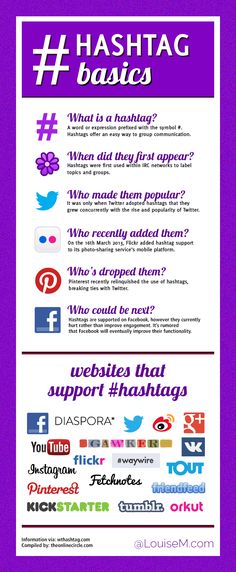 If your posts are too promotional, if they do not contain any valuable information, it is unlikely that people will repost them.
If your posts are too promotional, if they do not contain any valuable information, it is unlikely that people will repost them.
Pay attention - a small travel agency maintains several useful headings and additionally duplicates hashtags on pictures.
3. Integration with multiple social networks
If you have already used hashtags on Twitter, Instagram*, LinkedIn or Pinterest, you can easily get used to using them on Facebook*. And the ability to publish the same content on several sites at once saves a lot of time.
While it's not recommended to do this with every post on Facebook*, it's okay to post the same post on multiple social networks from time to time.
If you run channels on different social networks, try to keep the same hashtags everywhere. Especially carefully you need to place hashtags in advertising posts.
4. Promoting events, contests and other activities
In your posts, you can use a special hashtag to highlight and promote an event.
You can use a special hashtag to promote events. Invite participants to post from the event with your hashtags on any social network where you are present.
Post on Facebook*
Post with the same hashtag on Instagram*
Hashtags are useful for organizing contests. The #competition hashtag will come in handy to expand the reach of your post, and a special contest hashtag will be used to control the entries.
But remember, you can't get people to enter your contest on Facebook just by clicking on a hashtag, as you can on Pinterest, Instagram* and Twitter. On the other hand, the rules for running contests on Facebook allow you to use hashtags in posts to help users find a particular contest on different sites.
The hashtag for the contest was announced in the mailing list, announced from the stage, posts about the contest appeared on all social networks
discounts - you can also include them in your posts. Don't go overboard and stuff your post with dozens of irrelevant hashtags - posts like this don't look very pretty and might alienate some of your readers - but a few relevant hashtags will do the trick.
Things to know when using hashtags on Facebook*
Privacy settings remain in effect
If you use FB hashtags on your personal profile, they are subject to your profile's general privacy settings. That is, the mere fact of using a hashtag does not make the post public, and if you add a hashtag to a post that is visible only to a few of your friends, only they will see this post.
The hashtag is written in one word
If, say, you decide to take #Facebook* Marketing as a hashtag, you need to write it all together: #FacebookMarketing, #Facebook_Marketing or #facebookmarketing (see next paragraph). You can use an underscore as a space — the space between words will be preserved, and Facebook* will recognize the entire phrase as one word. Remember #kings_and_cabbages_paris?
Letters are not case sensitive
You can use both uppercase and lowercase letters in the hashtag - this does not affect the search results. So #FacebookMarketing and #facebookmarketing are the same hashtag.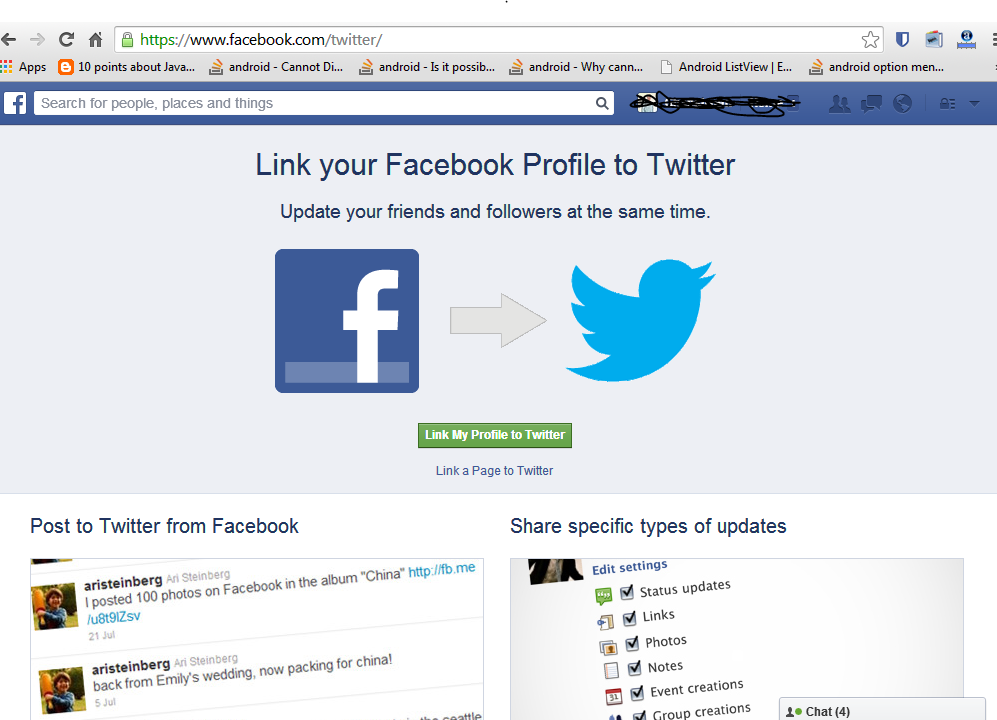 But capital letters are handy if you want to separate the words in a hashtag.
But capital letters are handy if you want to separate the words in a hashtag.
You can use any hashtags
There is no such thing as a "hashtag registration" or a "database of approved hashtags" - you can use any hashtags depending on your goals. You can promote your own hashtag if you want, just keep it short and easy to understand and use. And actively use it.
Hashtags that are too complex or difficult to read will not attract many users. When using abbreviations, you need to make sure that the abbreviation is clear - a hashtag like #IKPMTTTRWD doesn't make any sense to most people.
Analyze the hashtag before using it
Recently, there have been several unfortunate cases where companies have used hashtags that were used for other purposes that have nothing to do with this company. Check social networks where hashtags are used (Pinterest, Twitter, Instagram* and Google+) to see if other people are already using your hashtag. To avoid such coincidences, try not to use simple words.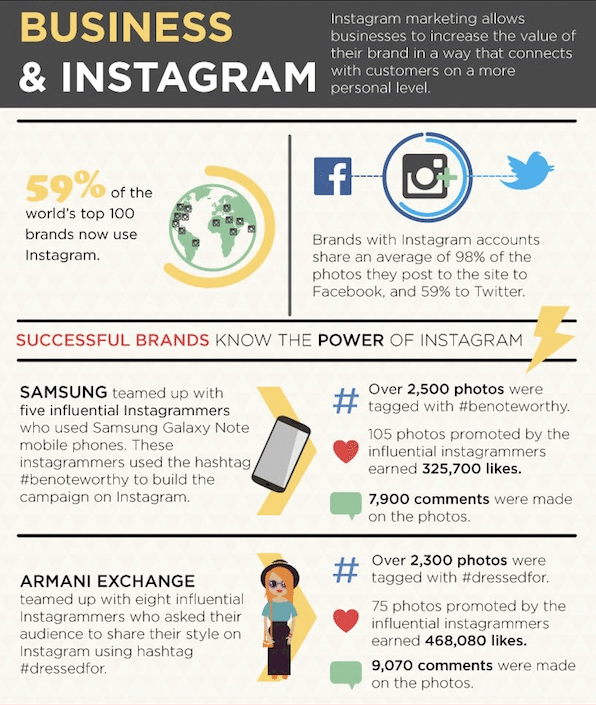 For example, the hashtag #contest is too popular to be relevant to just one contest.
For example, the hashtag #contest is too popular to be relevant to just one contest.
It's easy to find hashtags on Facebook*
Finding hashtags or bookmarking results is easy - just enter the URL www.facebook.com/hashtag/ and your keyword at the end.
For example, https://www.facebook.com/hashtag/Marketing shows posts that include the hashtag #marketing or #Marketing (or spelling in any other case).
You can also enter a hashtag with # in the search bar. Or click on the hashtag in any post where it is. Pay attention to the search results settings at the top and to the left of the results.
This is how you can search for posts with a hashtag within a group
You can put as many hashtags as you like in one post
You can put 10 or 20 tags. But why so many? It is unlikely that your post will cover such a wide range of topics, and it looks like spam. 2-3 hashtags is enough. If the hashtag is a category in your channel, then it should be one.
In general, hashtags are one way of organizing information on Facebook*. Their ease of use and efficiency largely depend on Facebook* algorithms, which are constantly changing.
*Instagram and Facebook are banned in Russia. On March 21, 2022, Meta was recognized as an extremist organization in Russia.
Facebook hashtags: how to spell them correctly
A hashtag is a word or phrase without spaces, preceded by the # symbol. To put it simply, this is a text marker that briefly describes the subject of the publication. The role of hashtags on Facebook and other social networks is to group posts and posts by topic. Companies use this useful tool to promote websites - as keywords.
Hashtags are used to quickly find publications that will be of interest.Meaning of hashtags on Facebook
The concept of hashtag was first introduced by Twitter developers in 2007, and only a few years later these tags became available to Facebook users. Recognizing hashtags is easy: the # symbol is placed before the beginning of the word, which turns the phrase into a link. The link, in turn, makes it possible to display all posts with the same tag on the page.
Recognizing hashtags is easy: the # symbol is placed before the beginning of the word, which turns the phrase into a link. The link, in turn, makes it possible to display all posts with the same tag on the page.
Using the grid helps users to find interesting information, and businessmen to tell potential subscribers about the product.
Hashtags are used for the following purposes:
- to express the main idea of the message;
- to search for information on a given topic;
- to split records into groups;
- to attract new users to a group or page;
- to search for users with the same interests;
- as an advertisement for a company or product.
How to correctly spell the hashtag
To turn a phrase into a link, just enter your profile, make a publication and put a hash sign in front of the main phrases. Words must be written together or separated by underscores. It is allowed to highlight the beginning of new words in upper case. You cannot use spaces, because only part of the phrase before the first space will turn into a link.
It is allowed to highlight the beginning of new words in upper case. You cannot use spaces, because only part of the phrase before the first space will turn into a link.
You can place tags in any part of the text. But each social network has its own unspoken rules for using hashtags. So, on Twitter, the “bars” are placed directly in the text, and on Facebook, at the bottom, after the text of the publication.
Limits on affixing
There are no general limits on the use of hashtags. However, social media promotion experts do not recommend entering too many keywords in the text. It is believed that the result of using # is the presence of quality queries that correspond to the subject of keywords, and not their number. Survey data from 2018 shows that three tags at the bottom of a post are enough to attract new readers. An overabundance of words with “grids” irritates users. Although there are no restrictions on the number of keywords.
How to use hashtags to promote
Netizens use themed hashtags to find publications. The task of companies is to provide information about products or services to those who need it. You can do this by attaching your own tags or existing tags to the post.
Thematic hashtags
The most effective is the promotion of publications by thematic tags. Hashtags that have been used to write over 100,000 posts are considered popular. However, the competition for them is also high, so the record may be lost.
An appropriate method of promotion is the use of narrow or local key phrases.
For example, #montage opens a large topic and includes information about various companies and accounts. And the request #montazhkotlovmoskva narrows the search area and reduces competition for the tag.
Branded hashtags
To promote branded products, it is recommended to come up with your own tags and advertise them. New and non-standard tags attract more attention, are easy to remember, and are associated with a particular product or company. Most often they use the brand name and the slogan of the advertising company.
Hashtags for events, contests and flash mobs
Companies and brands often create their own tags for contests, events and flash mobs. The technology is primarily used for advertising. The hashtag image is used in flyers and videos to encourage Facebook users to find and follow the brand's page on the social network.
The second purpose of tags is to provide ease of information retrieval. For example, there is a marketing conference in the city. The user can enter #event_name into the search and get a complete list of posts with the meeting place, date and participation rules.
Tips for using
In order for Facebook tags to give results, you must adhere to the following recommendations:
- You do not need to place all the tags at the bottom of the note, it is better to distribute them evenly throughout the text and highlight the main points.
- Tags should be used sparingly. Special services will help you find popular # for each field of activity.
- Phrase length should not exceed 25 characters: readers are put off by too long queries.
- Emoticons are placed separately from hashtags. A request with and without a smiley is two different keywords.
How to search by hashtag
To get all entries by tag, you need to type it into the search bar and click "Find".